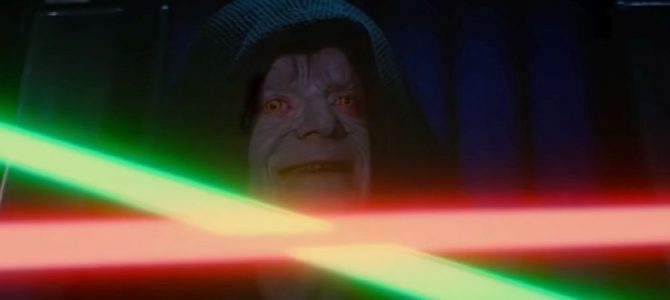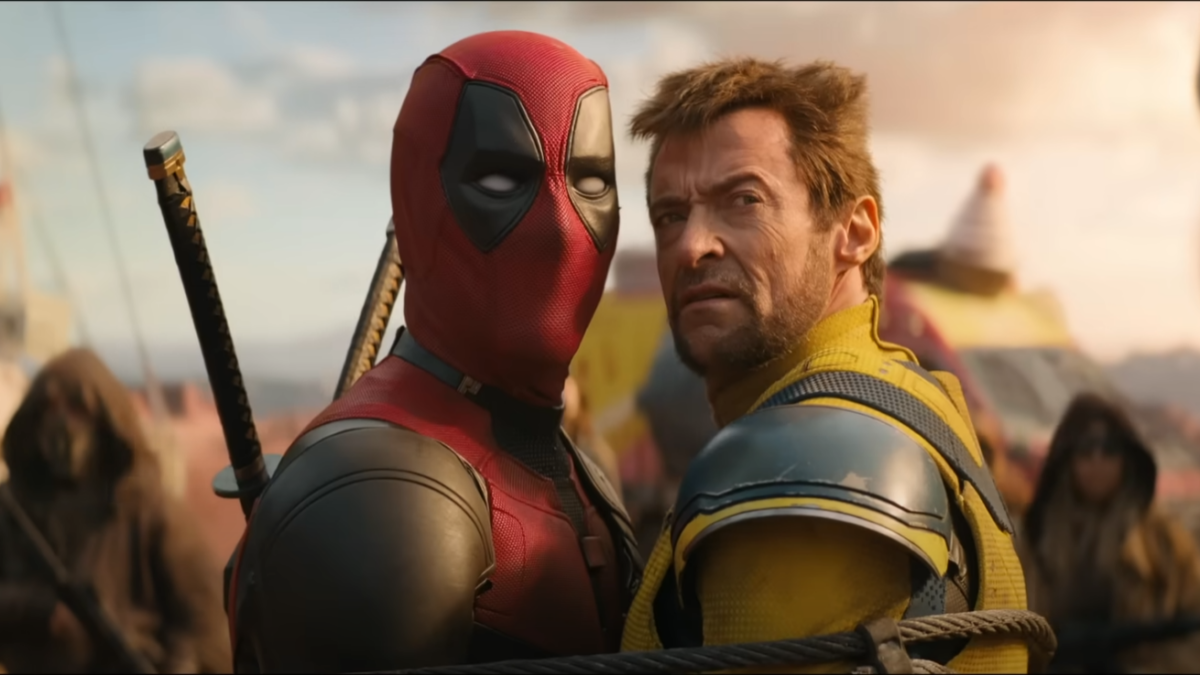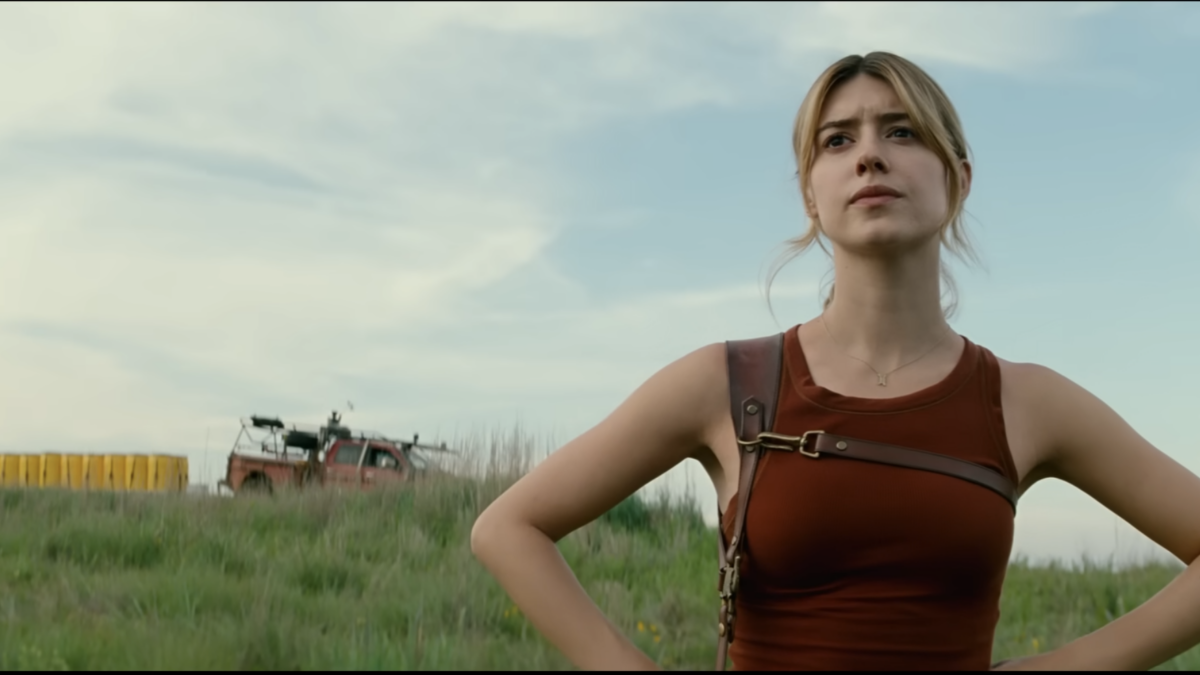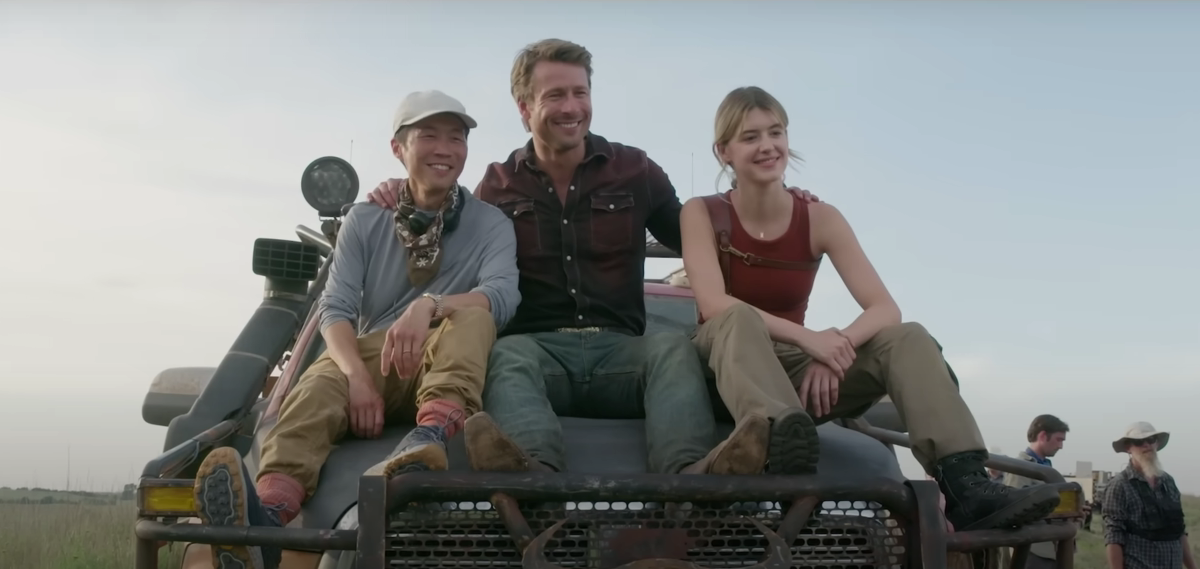
Disney has announced the title of “Star Wars” episode VIII, and it confirms what fans like me have feared since the release of “The Force Awakens”: The new proprietors of the galaxy far, far away love George Lucas’ original trilogy so much, they’ve decided to just remake it. In the process, they’re ruining some of the most iconic films of all time.
Disney is overcompensating. The first three “Star Wars” did incredible things, cinematically. They pioneered gutsy special effects, invented a genre, and told us a timeless story in a way that felt new—all on what, by today’s standards, was a shoestring budget.
How Lucas pulled it off is still one of the great mysteries of cinema, because in 1999 he released the first in a trilogy of expensive, poorly written, and even more poorly acted prequels that were two parts kung-fu flick, two parts C-SPAN, and one part Cartoon Network. But for all the flak episodes I-III caught, they had one thing going for them: They were original. Lucas tried something daring again, and failed in a blaze of podracer parts and blaster bolts. But doggonnit, he tried. The man deserves some credit for that.
Originality Out the Window
That’s more than we can say for the Disney era. After tossing decades of deuterocanonical fiction into the Death Star trash compactor, Mickey Mouse and J. J. Abrams gingerly handed us “The Force Awakens,” which is by far the safest movie I have ever seen. Set 30 years after the original trilogy, this thing plays “Star Wars” so by-the-book, it’s practically the latest special edition of “A New Hope.”
Christian commentator Eric Metaxas hilariously summarized “The Force Awakens” as: “the story of an orphan with Force abilities who lives on a desert planet…meets up with a droid carrying secret plans that draw her into a fight against a galactic empire whose deformed potentate has built a planet-destroying super-weapon [before joining] a smuggler, an imperial defector, and a Wookiee at a space-cantina…inheriting a lightsaber, linking up with a rebel alliance, and losing her mentor-figure to a black-masked villain [before] a last-ditch X-wing attack on the enemy super-weapon, which the good guys blow up seconds before it fires on the rebel base.”
Go on, laugh. It’s funny. Then cry a little bit, because it’s also sad. What’s sadder is how many fans ate it up, galvanizing Disney’s resolve to once again copy the smart kid’s homework and change a few words here and there. While I had high hopes that the critical success of “Rogue One” (which was genuinely witty and original) would inspire a little more boldness for the next installment, the title of episode VIII has pretty much frozen my tauntaun.
Did Luke Skywalker Do Anything?
It’s not that I anticipate an exact remake of “The Empire Strikes Back.” Yes, it’s possible director Rian Johnson will be shameless enough to open with a battle between the Reb—I mean Resistance and the Emp—I mean the First Order (golly, this is hard) on a frozen planet other than Hoth. But a title like “The Last Jedi” implies this film will do something even worse. It will follow “The Force Awakens” in undermining the stakes and payoff of the original trilogy.
Consider for a moment what it means if Luke, Rey, Leia, or anyone else 30 years after “Return of the Jedi” is “the last Jedi.” It means Luke’s story arc has accomplished next to nothing. The Jedi’s “return” was a failure. The Empire is back in all but name, there is a new evil emperor who built a third Death St—I mean Starkiller Base, which the heroes were able to blow up thanks to a small thermal exhaust po—I mean oscillator. If Johnson is really into oddly vulnerable technological terrors, he may build a fourth planet-wrecking sphere, in which case man-eating teddy bears are all but certain.
But if the Jedi are not back, in any meaningful sense, then they never returned, in any meaningful sense. Luke’s moral and spiritual triumph on the Death Star, the Rebel Alliance’s military victory at Endor, and even Lucas’ awesome special edition scenes of people dancing and shooting off fireworks across the galaxy were pointless. The “Star Wars” universe slipped right back into tyranny and the resolution of the original trilogy was as fleeting as Hayden Christensen’s acting career. If this movie is what its title implies, then Luke might just as well have gotten a job selling power converters at Tosche Station.
Stories Need Happy Endings
Disney has stuck so closely to the plot of the original movies that they’ve rendered them superfluous. Fans might as well skip straight from “Revenge of the Sith to “The Force Awakens” for all the difference the intervening films now make. This new trilogy begins in precisely the same place Lucas’ originals began, and by the look of it, it will take us through the contours of a familiar, almost cyclical story. Instead of the tale of how the Chosen One destroys the Sith and brings balance to the Force, it becomes a story of endlessly repeating returns of endlessly exiled Jedi in a galaxy endlessly fought over by evil empires and stalwart rebellions.
What’s wrong with this? It’s not satisfying! If the hero’s journey archetype accomplishes no lasting good, it loses its timeless appeal. If the moral challenges, the emotional trials, and spiritual triumphs of good guys do nothing but tee up the next generation of good guys to face the same challenges and the same bad guys, they’re pointless.
“Happily ever after” isn’t just Disney’s old way of writing movies. It’s a profound statement about the shape of history and the destiny of our own world—one we know, in our hearts, is true. Each triumph of good over evil is a foretaste of the ultimate triumph Christianity has foretold for thousands of years. Each happy ending, no matter how far-flung its settings or characters, is a little piece of eschatology.
Sharp readers will already have guessed where I’m going with this, but here is the bad news: “Star Wars” needs to end. As lucrative a franchise as it may be, it can’t go on and on forever—at least not if its new owners want to preserve any of the magic we felt while watching Lucas’ originals. Like all really good stories, it needs a back cover.
Endlessly dragging out 1980s-era franchises and plotlines does more than spoil beloved movies. It robs us of the chance to write, film, produce, and experience new stories that satisfy us at the deepest level by hinting at our own. At some point the Force needs to find balance, the Jedi need to return for real, and we need to leave the galaxy of Star Wars in peace.









